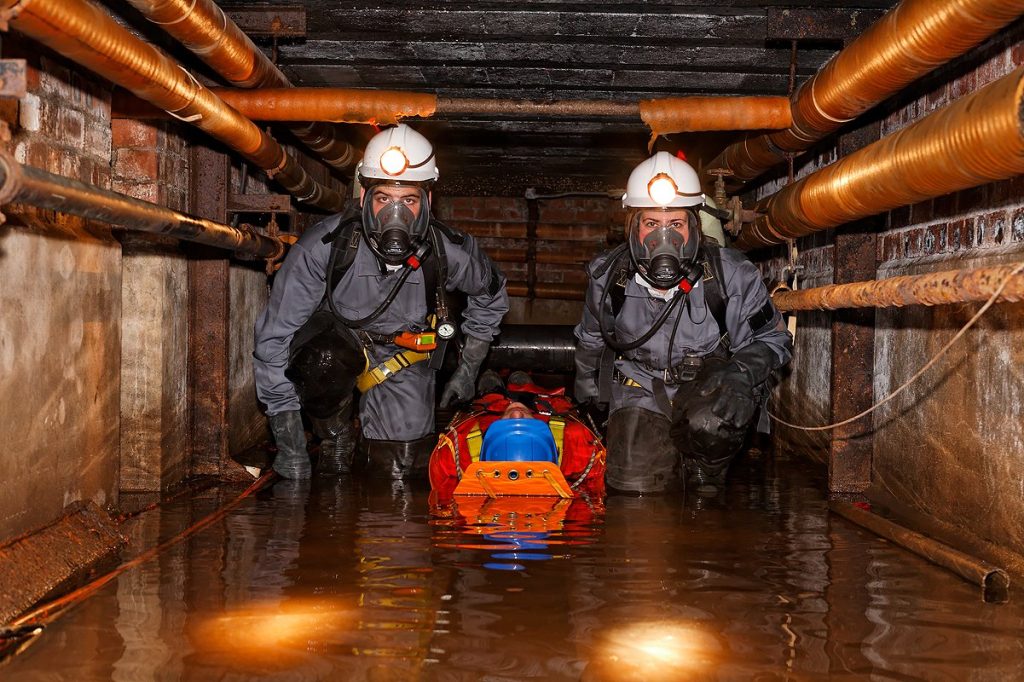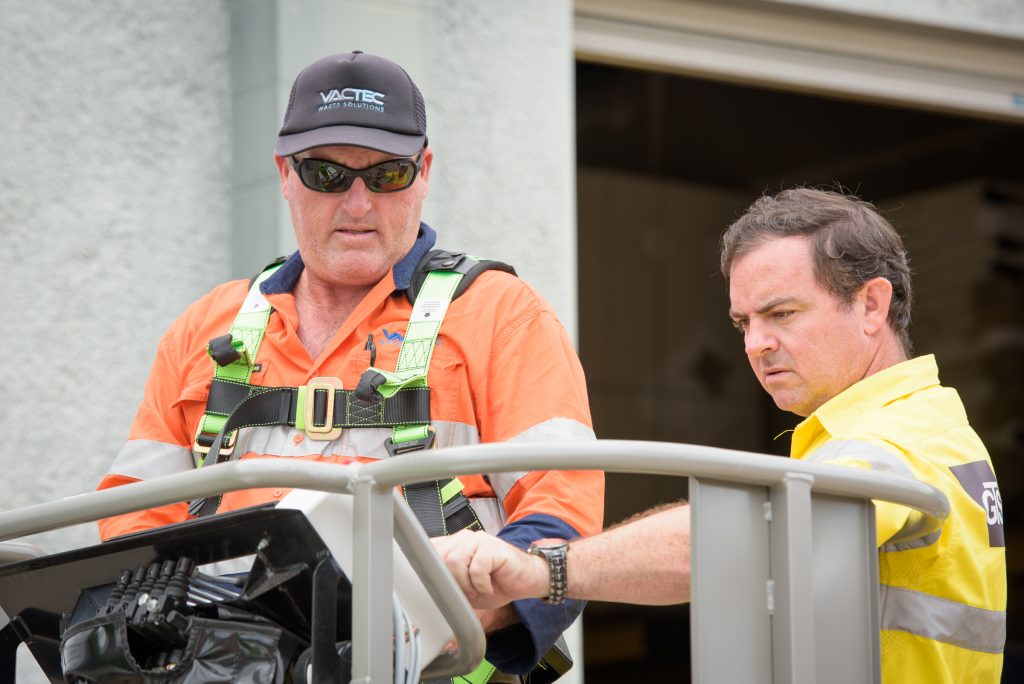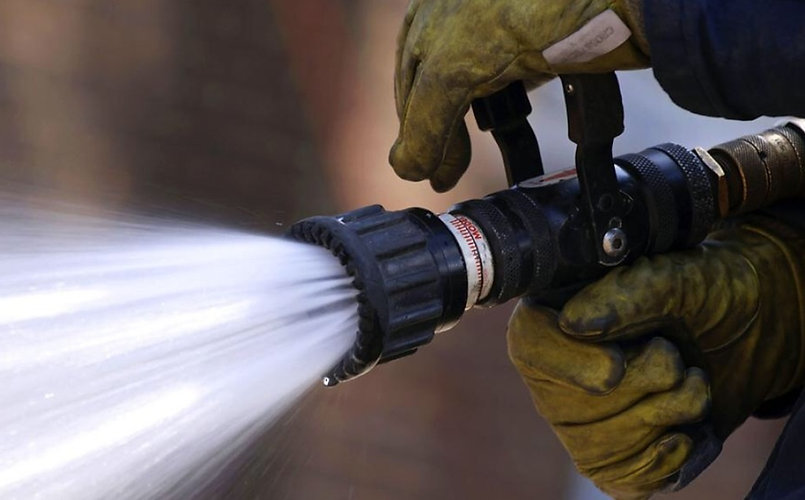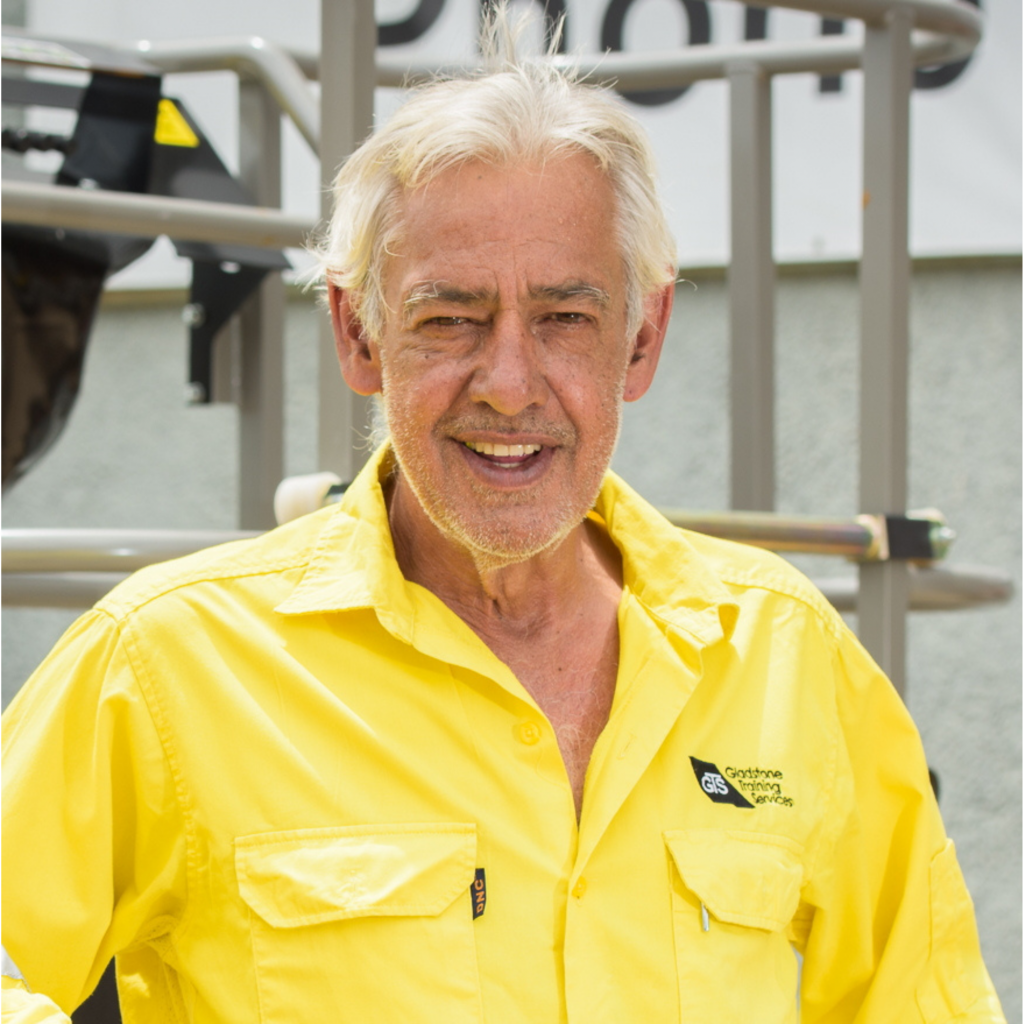Onsite Training
Providing Nationally Recognised Onsite Training to keep Australia safe in the Workplace.
We come to you
In addition to our in-house operations, Gladstone Training Services has expanded to offering Onsite Training. We can provide a diverse range of machinery tickets and industry qualifications throughout Queensland and Australia. With a highly reputable network of experienced trainers and assessors, we come to you for On-Site Training at your workplace.
Available On Site Training includes:
-
Confined Space / Gas Test
-
Work at Height
-
White Card
-
Forklift High Risk Licence
-
EWP High Risk License Skid Steer Loader (Bobcat)
-
Excavator
-
Backhoe
-
Front End Loader
-
Grader
-
Roller
-
Dozer


Load Restraint / Unload Cargo
Manual Handling
Load Restraint
Safe use of Hand & Power Tools
Tractor Operation
Compactor
Water Vehicle
Operate & Maintain 4wd Vehicles
Articulated and rigid dump trucks
S123 Supervisor Course
G2 Risk Management
Safely Access the Rail Corridor
Operate light, heavy, multi-combination vehicles (site based)
Slewing Crane (all levels) High Risk Licence
Backhoe
Isolate and Access Plant
Dogging High Risk Licence
Integrated Tool Carrier
Conduct Fire Team Operations
Respond to Worksite Incidents
Manual Excavation
Concreting
Pipe Laying

WHAT IS ONSITE TRAINING?
A fundamental component of modern industries, essential for fostering proficiency, competence, safety, and productivity within the workforce, is onsite training. This method of education and skill development occurs at specific locations relevant to the job or skill being taught, providing hands-on learning experiences.
Onsite training is characterized by several key features that make it highly effective. First, it’s done at the actual workplace or relevant site, for a more practical output. Customisation allows training programs to be tailored to an organisation’s unique needs and challenges, addressing specific industry requirements. Participants benefit from hands-on experience, enabling immediate application of learned skills to real-world situations, which enhances understanding and proficiency.
Instead of offering one-size-fits-all solutions, on-site training prioritizes industry-specific needs, equipping employees with the specialized skills and nuanced knowledge they need to thrive in their roles. This strategic approach translates directly to improved efficiency, reduced errors, and a more productive workforce within construction and mining operations.
By eliminating the need for employees to travel to external training facilities, on-site training saves time and resources, which is especially advantageous for industries with remote or isolated work locations. Safety takes centre stage in on site training, equipping employees with a deep understanding of workplace-specific protocols and procedures. This proactive approach transforms them from passive bystanders to active participants in safety, ultimately minimizing potential hazards and reducing the risk of accidents.
On site training programs can include a wide range of topics and skills, tailored to meet the specific needs of industries and organizations. It’s a valuable approach to training in industries where practical skills and hands-on experience are essential for success.
THE IMPORTANCE OF ONSITE TRAINING AND CERTIFICATIONS
Safety – Certified onsite training reduces the risk of accidents, injuries, and damage to equipment. It ensures that operators understand and adhere to safety protocols, reducing incidents in all onsite operations.
Efficiency – Trained onsite operators are more efficient in handling equipment, leading to smoother material handling processes and increased productivity in site activities.
Compliance – Certification and licensing ensure that operators comply with regulatory requirements and industry standards, contributing to a safe and legally compliant operations.
Equipment Maintenance – Operators trained onsite in maintenance aspects can perform routine checks, identify issues early on, and contribute to the overall reliability and longevity of the equipment.
identify issues early on, and contribute to the overall reliability and longevity of the equipment.
Our Trainers For Onsite Training

Garry Douglass
Managing Director

Garry Douglass
Managing Director

Marc McDonald
Trainer

Marc McDonald
Trainer

Dave Smith
Trainer

Dave Smith
Trainer

Steve Gehrmann
Trainer

Steve Gehrmann
Trainer
What We Do
Gladstone Training Services is a local provider of industry qualifications. Our no-fuss approach is about providing what you need to use your skills in the workplace safely.
